As an American descendant of slavery, when I think about my ancestors, I think about their footprints left in the sands, seemingly easily washed away by the tides of time. I think about their contributions made to a society that failed to acknowledge them as human. I think about their blood, sweat, and tears that went into ideas. I think about all the blank spots I may never be able to fill on my family tree. I think about the people I pass in the street who look like me and share surnames on my family tree but are of no blood relation; and I wonder if their ancestors knew my ancestors like family. I think about how 28-29 days are not nearly enough.
I question if there will ever come a time when we as a nation are more concerned about learning from the past than being ashamed of it. When we all can feel a kinship in the ancestors just as strongly as the constitutional forefathers. I think about all this and more not easily found within a classroom textbook. And when the weight of not knowing that of which I know is intentionally hidden becomes too much, I research relentlessly. I have yet to be satisfied, but in my searching I have discovered books that allow me to honor the ancestors through the remembrance of their contributions through the preservation of scholars. Here are 10 inspiring non-fiction titles to read not only during Black history month, but year round.
Don’t miss these 10 books that center Black joy>>
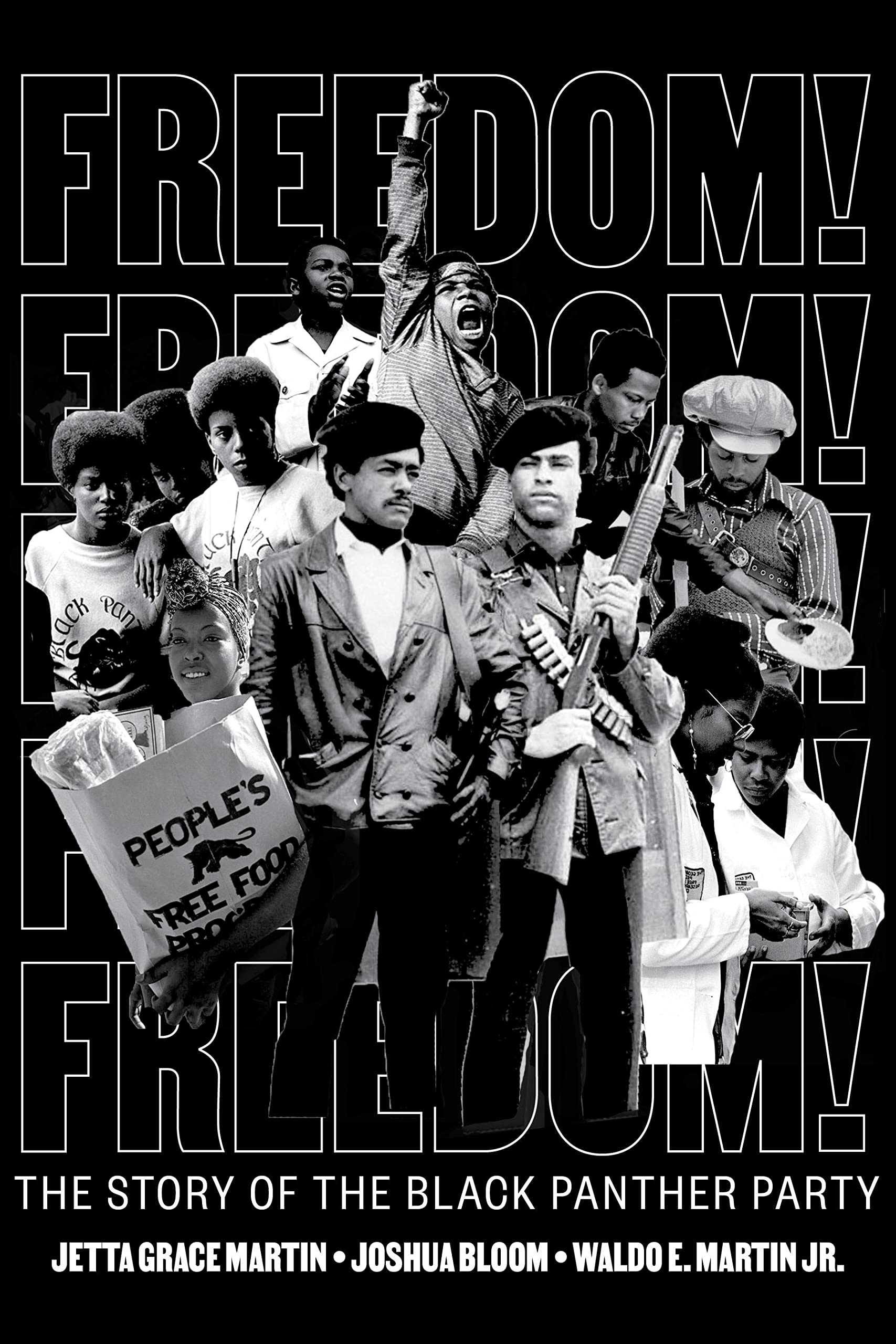
Freedom! The Story of the Black Panther Party by Jetta Grace Martin, Joshua Bloom, & Waldo E. Martin Jr.
This book recounts the history of the Black Panther Party from its inception to its eventual demise, interlaced with interviews from witnesses to those events. This riveting young adult nonfiction transports readers to the turbulent 1960s via the Black Panther Party founders’ eyes and features a reader-friendly writing style, striking historical visuals, and moving anecdotes.
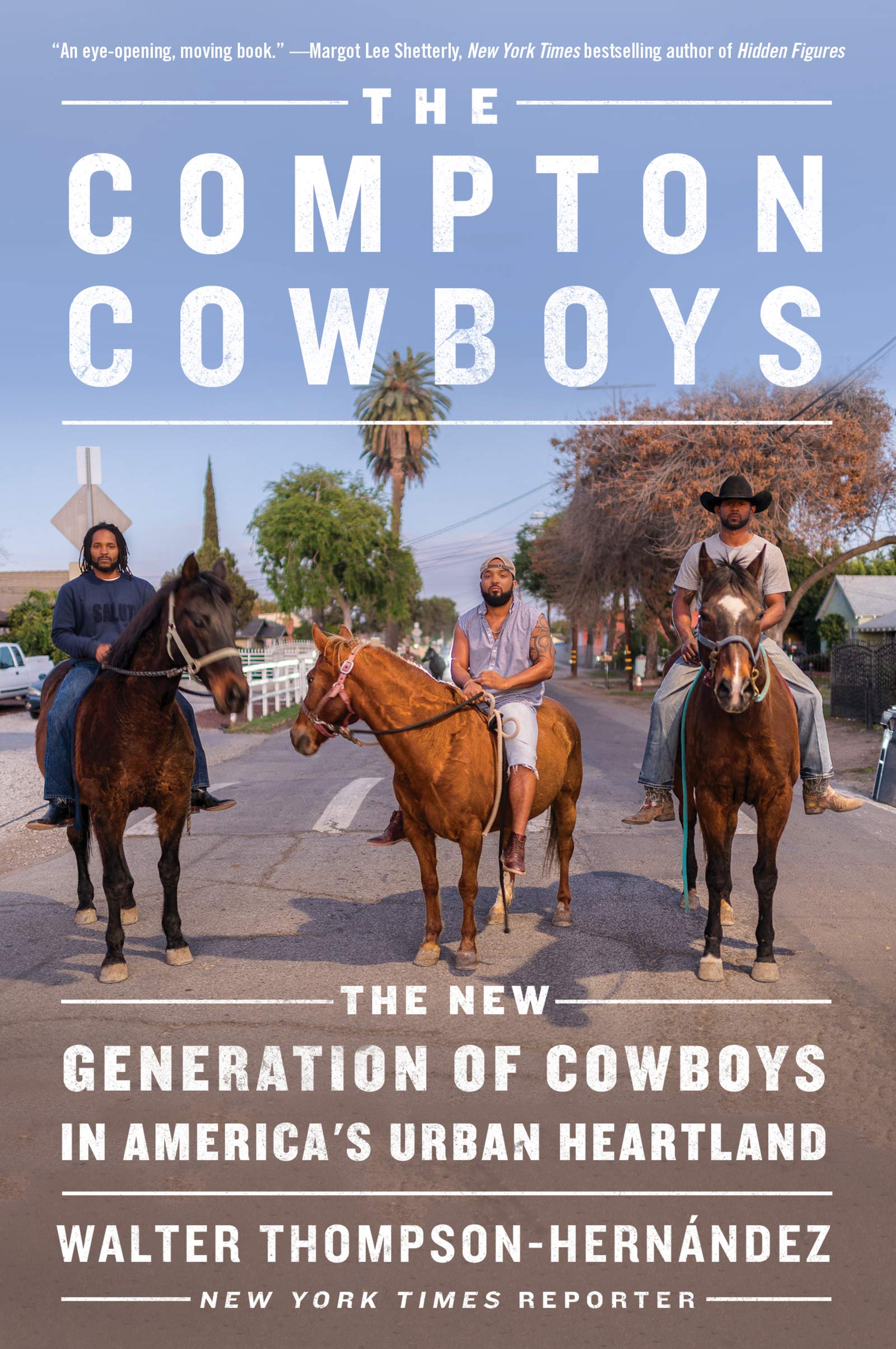
The Compton Cowboys: The New Generation of Cowboys in America’s Urban Heartland by Walter Thompson-Hernández
In the midst of one of America’s most notorious cities, the Compton Cowboys are a group of African-American men and women who defy stereotypes and uphold the proud, centuries-old tradition of Black cowboys. This is a story about trauma and transformation, race and identity, compassion, and ultimately, belonging.
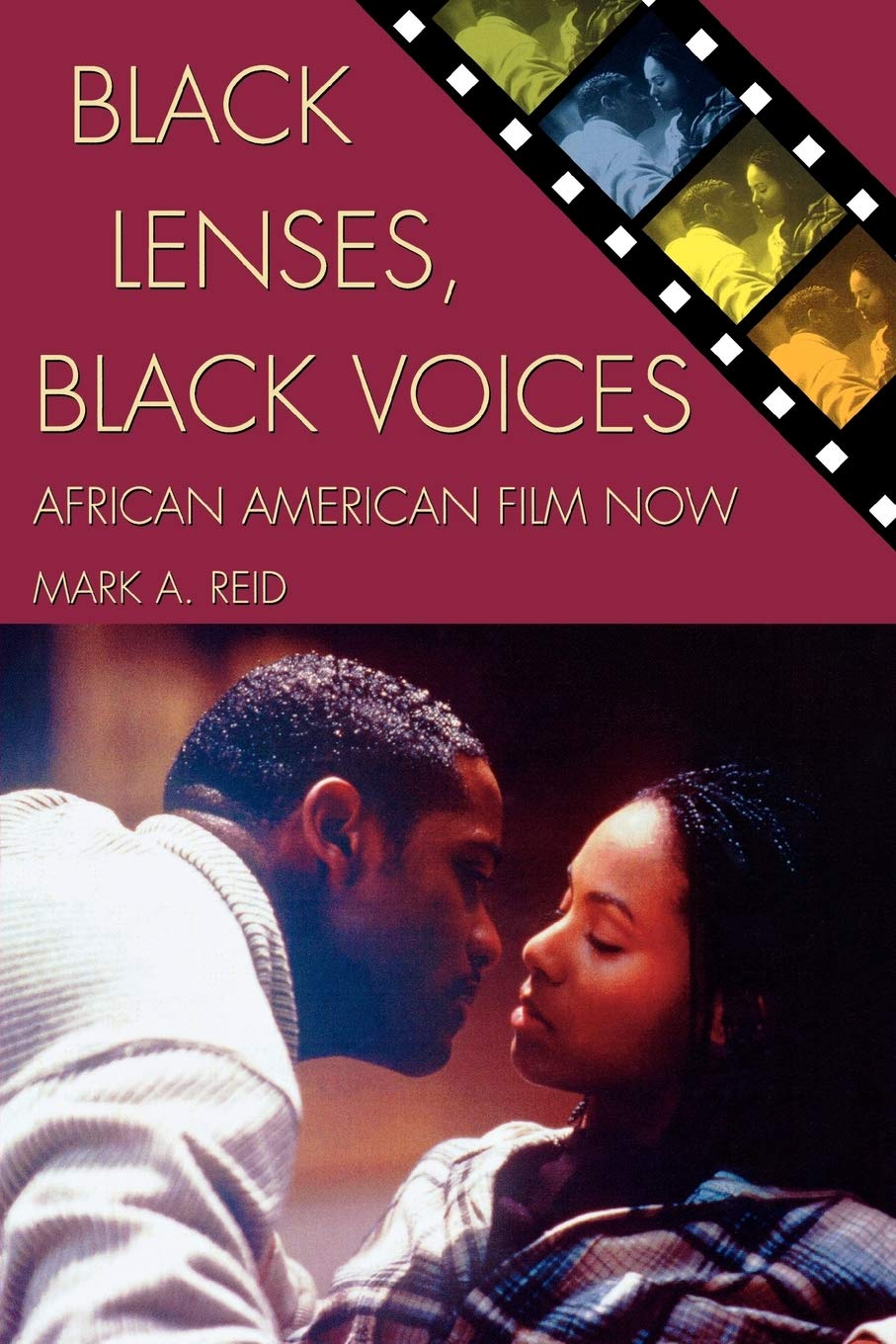
Black Lenses, Black Voices: African American Film Now by Mark A. Reid
This is a provocative examination of Black-oriented films with non-Black directors or screenwriters as well as those directed, written, and occasionally produced by African Americans. The author demonstrates how, in contrast to 1960’s cinematic depictions, certain movies today dramatize the Black community as a politically and economically diverse population. He then demonstrates the distinctive features of the Black family, action, horror, female-centered, and independent films after walking us through the evolution of Black independent cinema before and during World War II.
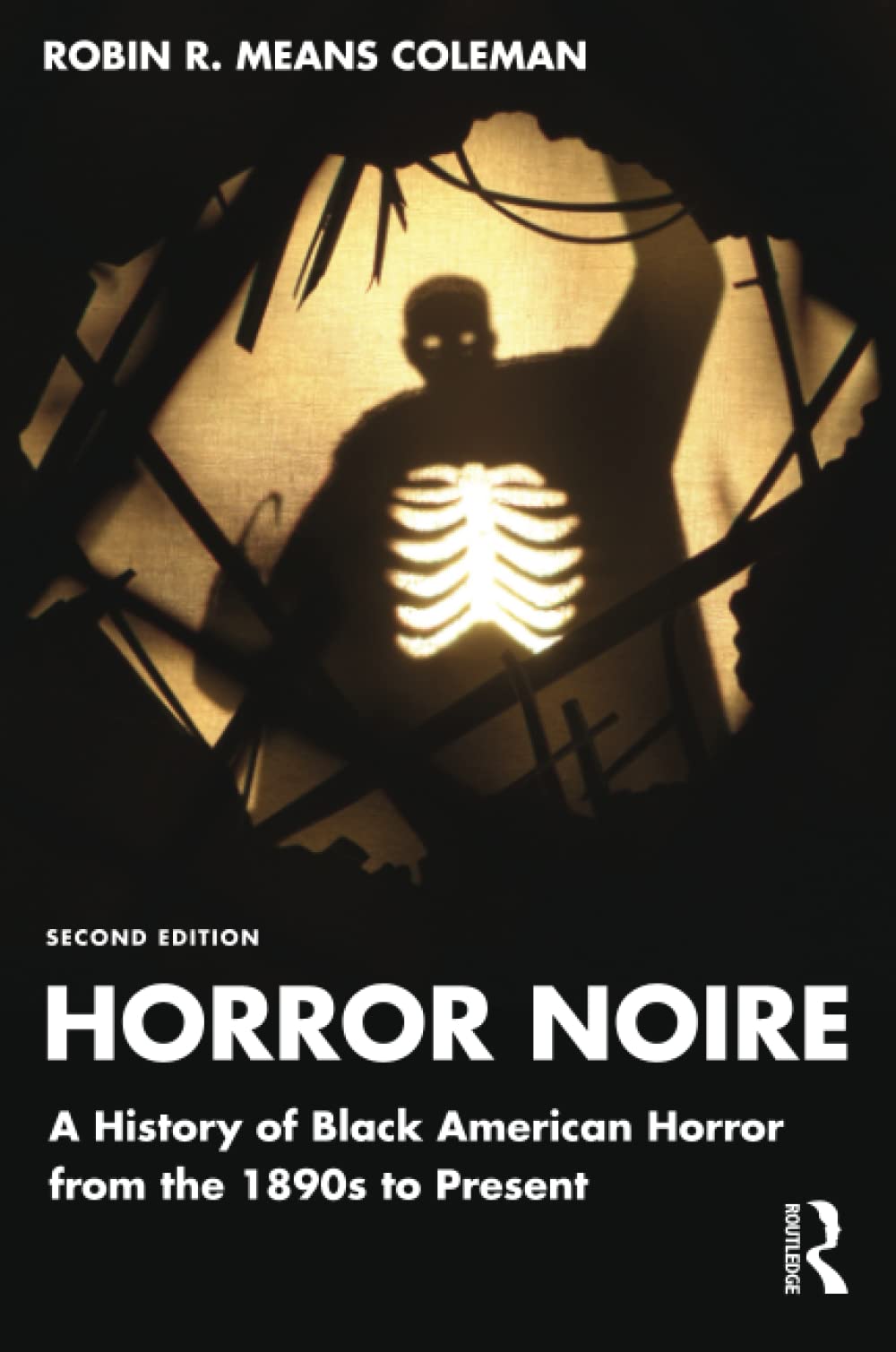
Horror Noire: Blacks in American Horror Films from the 1890s to Present by Robin R. Means Coleman
This book explores significant characterizations of blackness in horror films throughout history and highlights Black representation both in front of and behind the camera. This book explores the social history of Black people in America through the evolution of horror movie imagery. The reader is urged to analyze the racialized imagery common to the genre and the stories that make up popular culture’s commentary on race throughout the text.

The Black Experience in Design: Identity, Expression & Reflection Edited by Anne H. Berry, Kareem Collie, Penina Acayo Laker, Lesley-Ann Noel, Jennifer Rittner, and Kelly Walters
This book is an anthology that centers a variety of perspectives and highlights Black/African diasporic teaching practices, research, narratives and conversations. This text highlights the collaborative and multidisciplinary character of design through the voices represented, giving access to ideas and issues for a range of audiences.
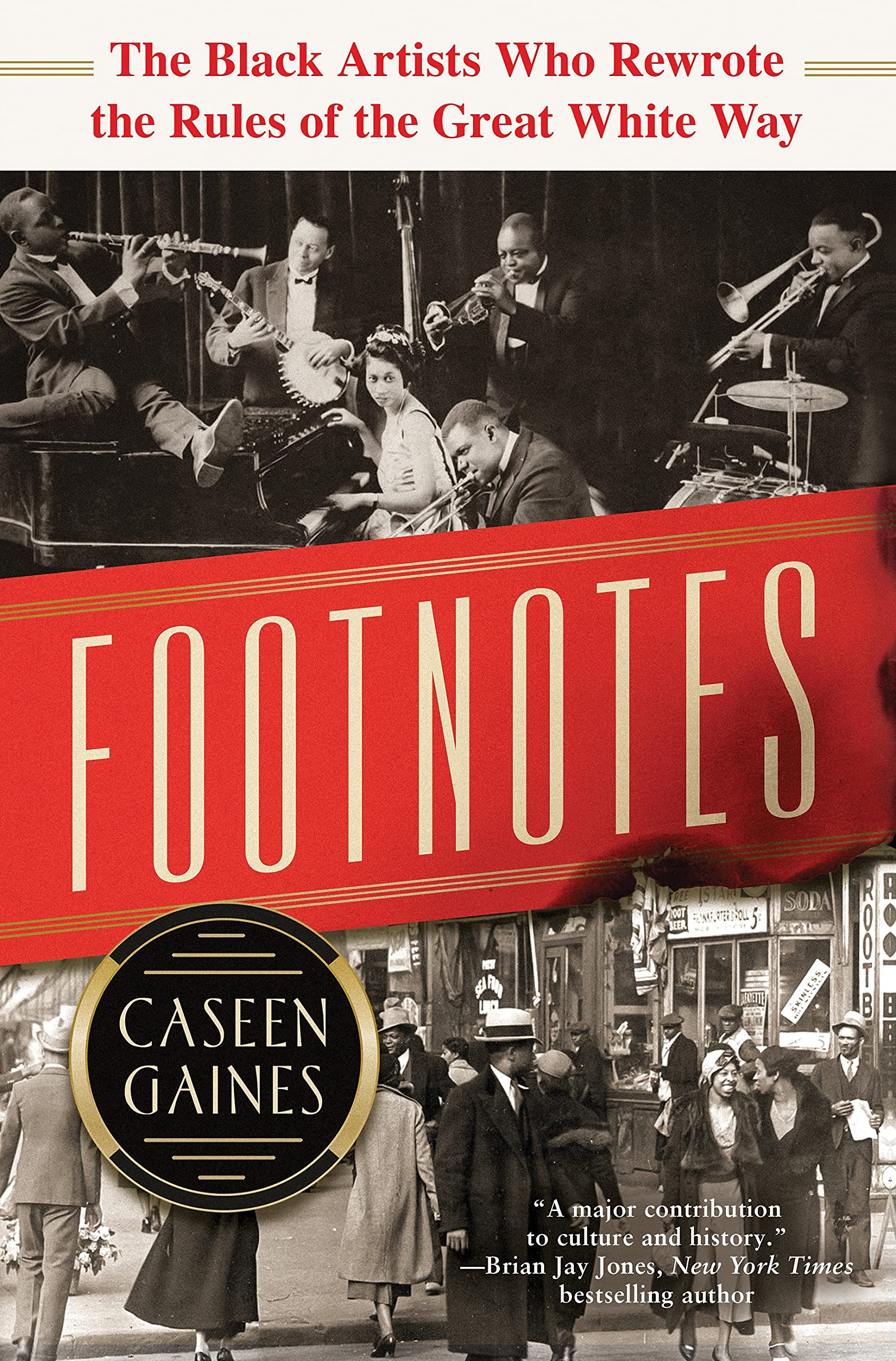
Footnotes: The Black Artists Who Rewrote the Rules of the Great White Way by Caseen Gaines
This is the account of the first all-Black Broadway show, which at a critical juncture in our history knocked down countless barriers between Black and white communities. It tells the story of overcoming racism, poverty and violence to create a Broadway smash that launched the careers of many of the most adored Black artists of the 20th century.
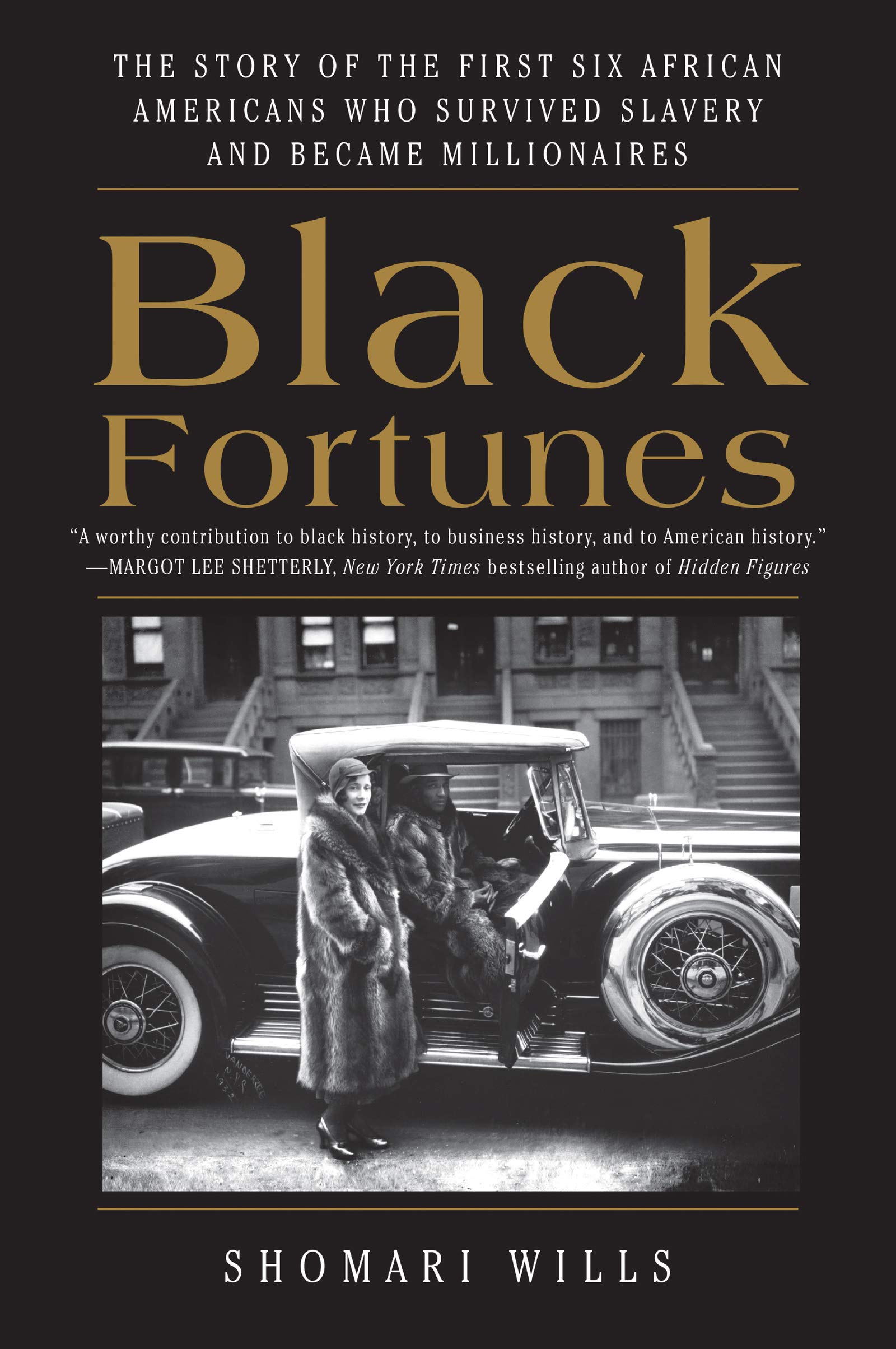
Black Fortunes: The Story of the First Six African Americans Who Escaped Slavery and Became Millionaires by Shomari Wills
This book highlights the success of six Black trailblazers who obtained the highest levels of financial success between the years of 1830 and 1927. In accounts not often spoken about, this book presents identities we should all know for their monumental accomplishments.
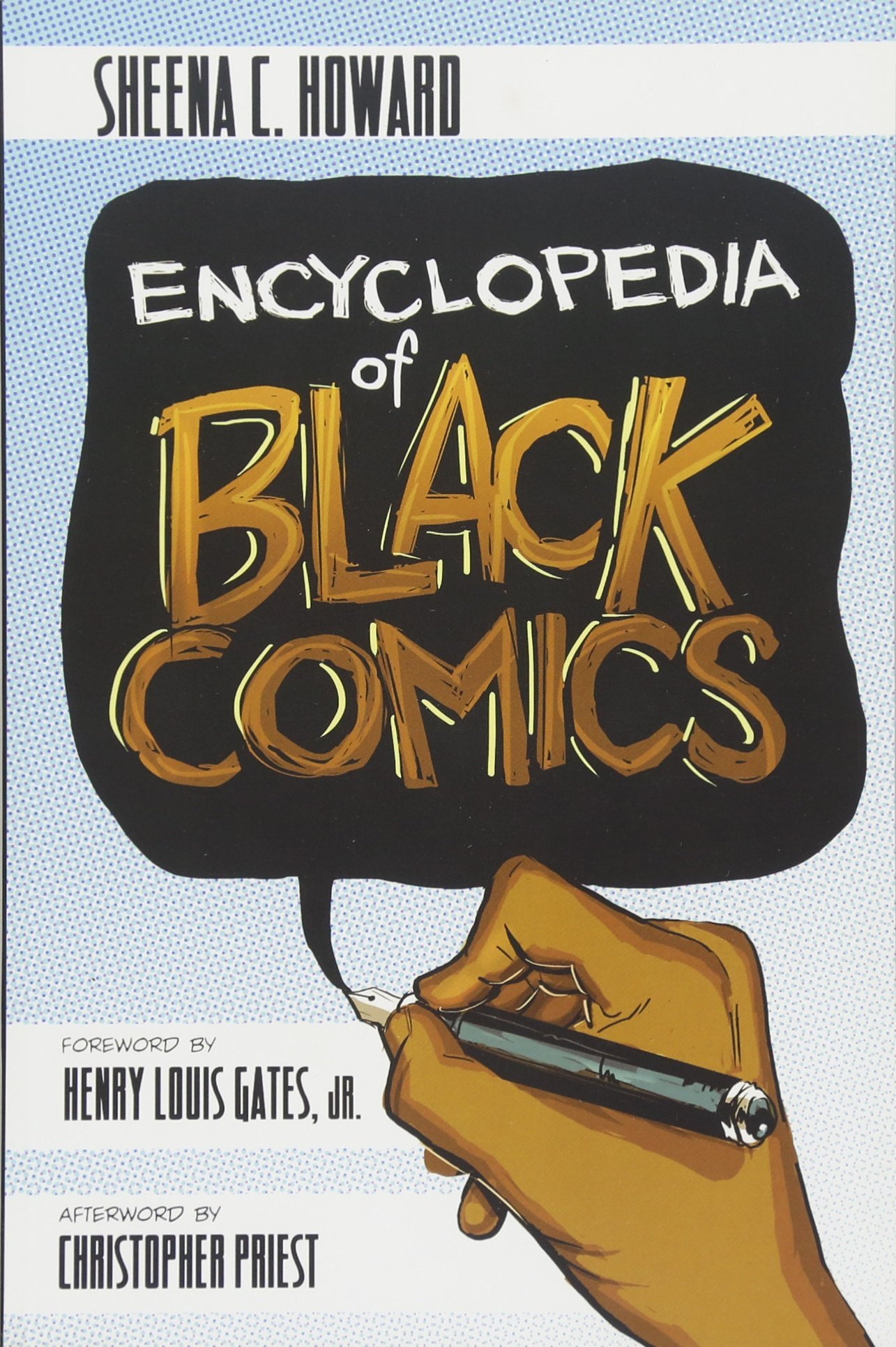
Encyclopedia of Black Comics by Sheena C. Howard, Henry Louis Gates Jr. (Foreword), and Christopher J. Priest
This is a reference source that highlights individuals of African descent who have made contributions to the comics industry. The book focuses on comic book creators, including inkers, illustrators, artists, writers, editors, historians of Black comics, organizers of Black comic conventions, web designers, archivists, and academics, as well as people who may not fit into any particular category, but have made significant contributions to Black comic culture.
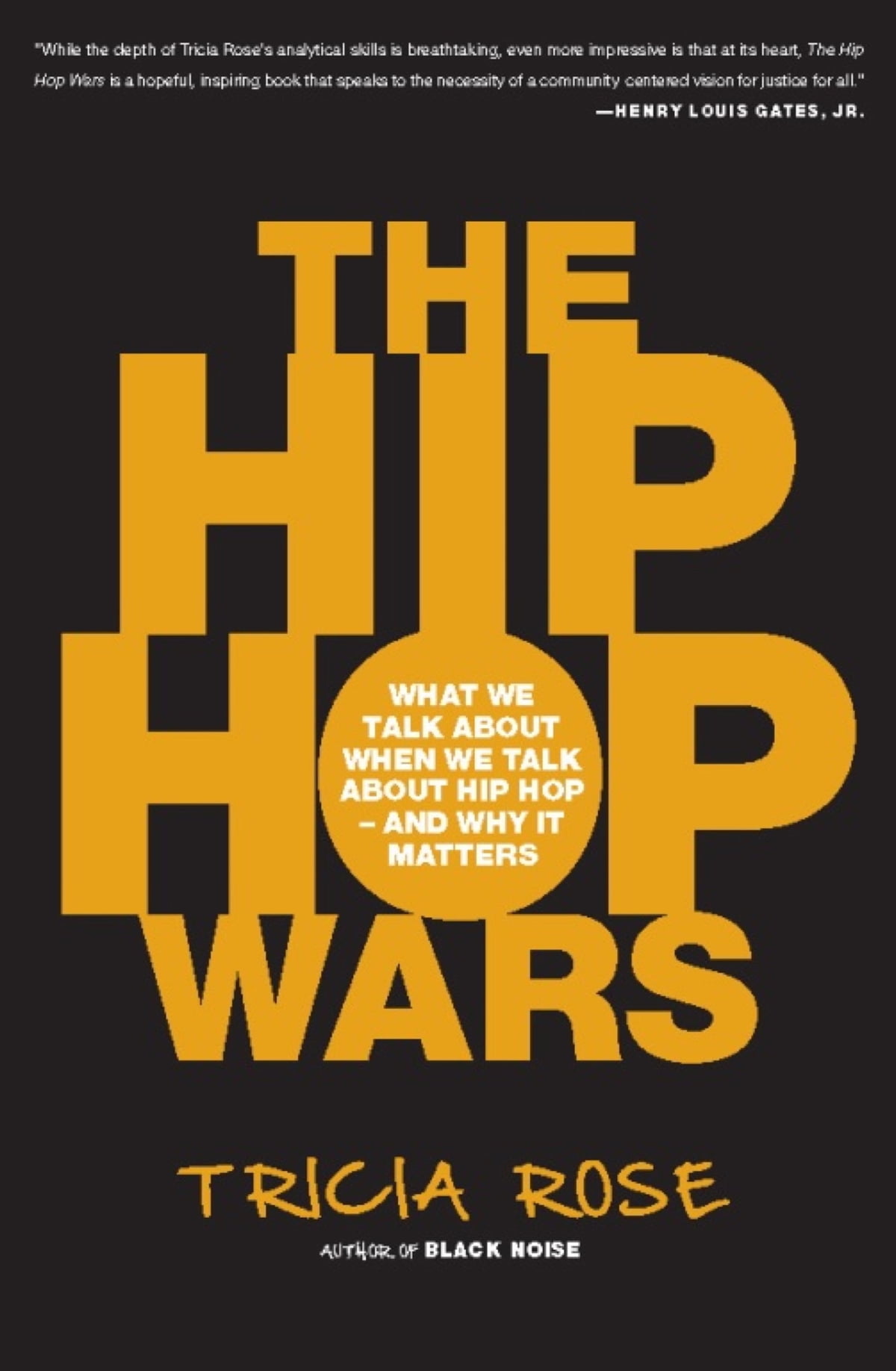
The Hip Hop Wars: What We Talk About When We Talk About Hip Hop–and Why It Matters by Tricia Rose
This book examines and explains the different arguments for and against hip-hop, revealing the unstated assumptions behind each one. It offers commentary on each side in the argument and the hidden realities that are unconsciously at play in various viewpoints on hip hop.
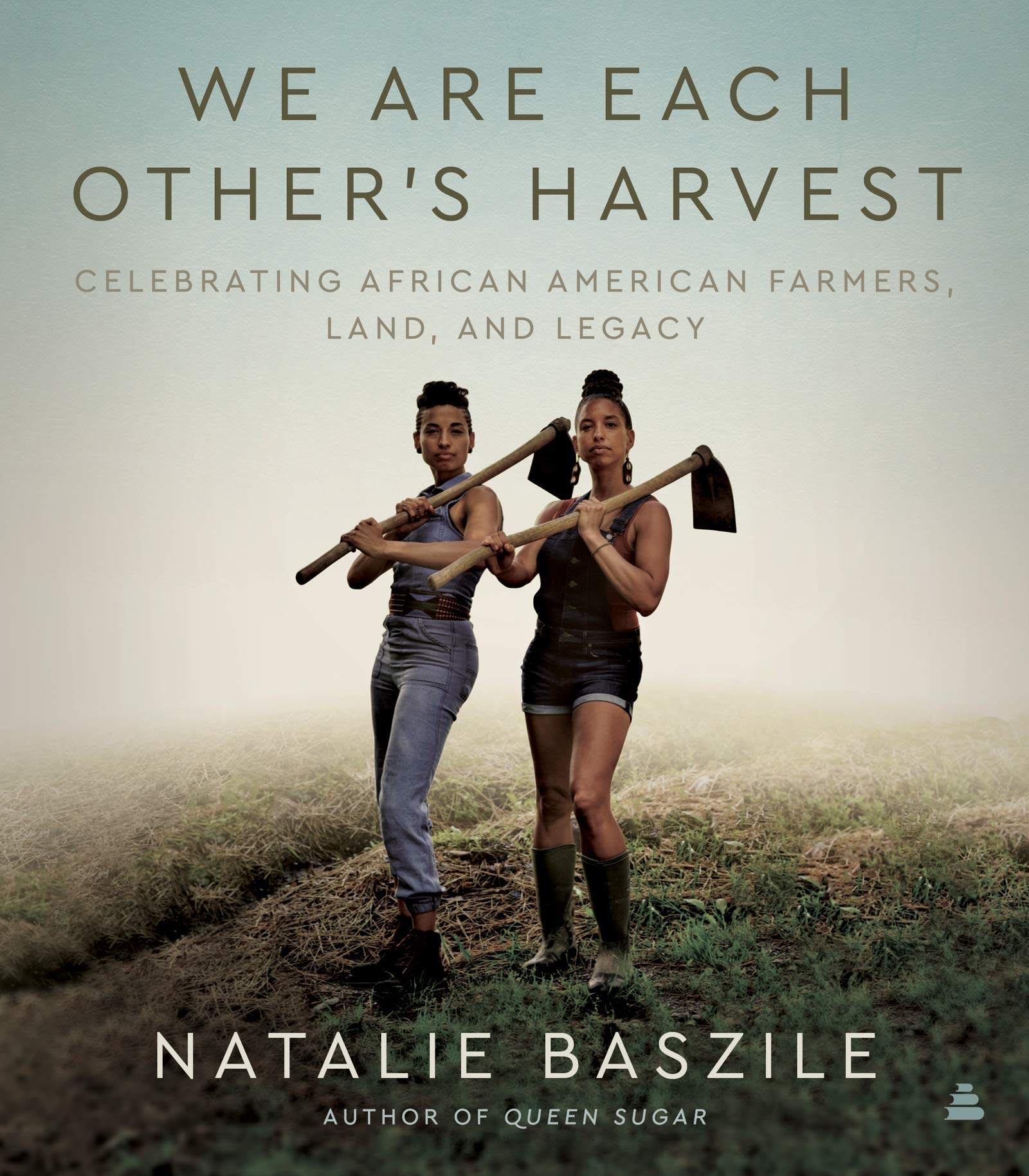
We Are Each Other’s Harvest: Celebrating African American Farmers, Land, and Legacy by Natalie Baszile
This book is an anthology that centers Black people’s connection to the American land from Emancipation to today. Composed of essays, poems, photographs, quotes, conversations, and first-person stories, this is a love letter to the Black American farming community yesterday and today.
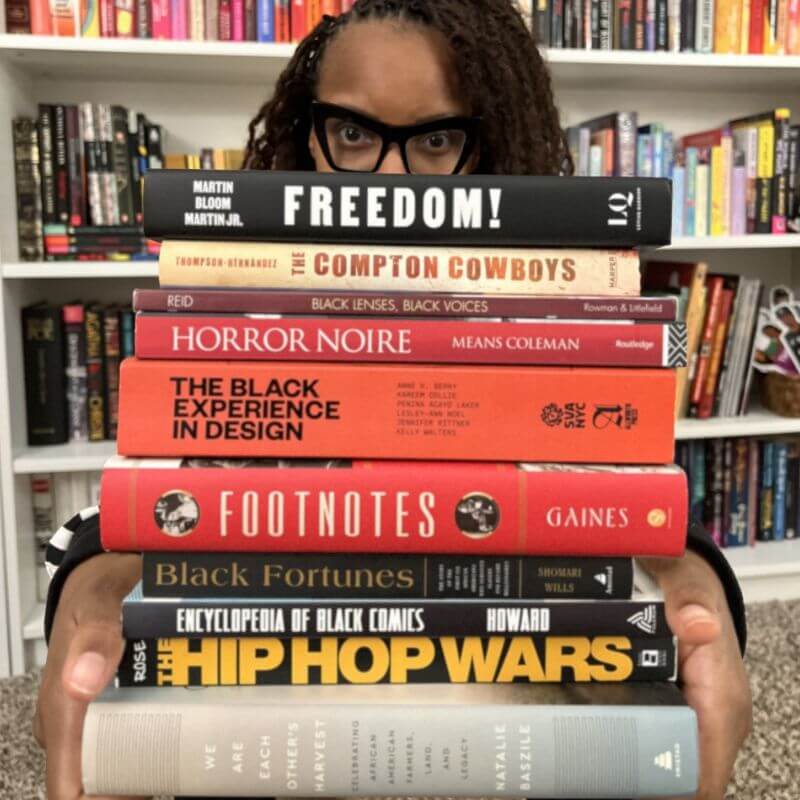
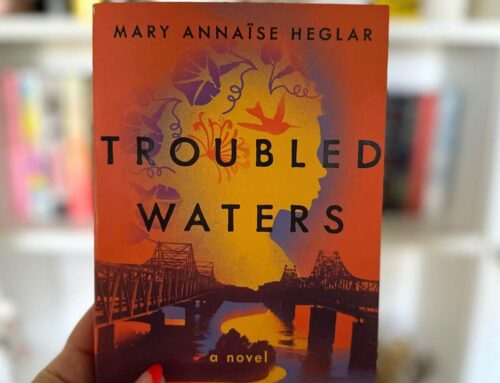
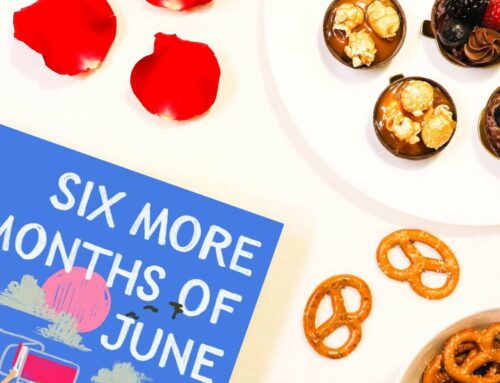
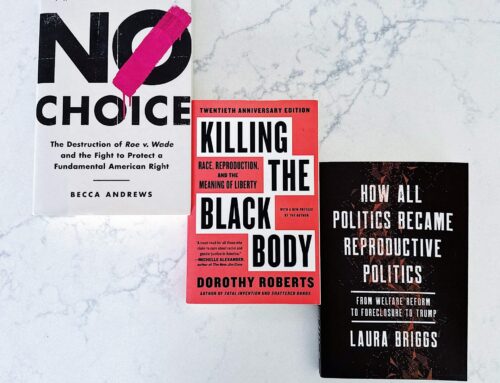
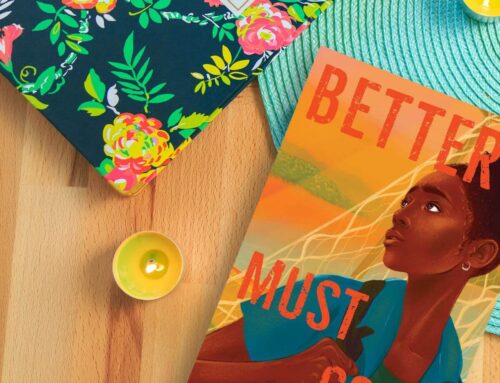
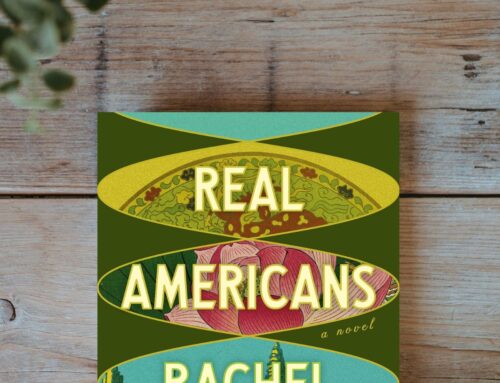
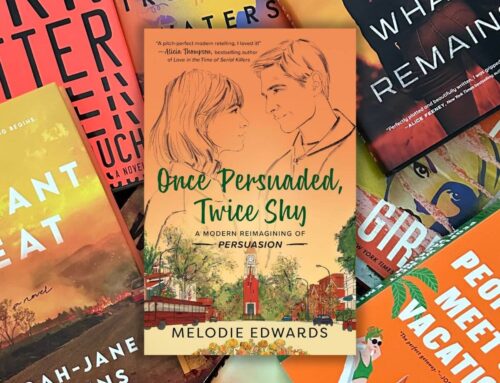
Leave A Comment